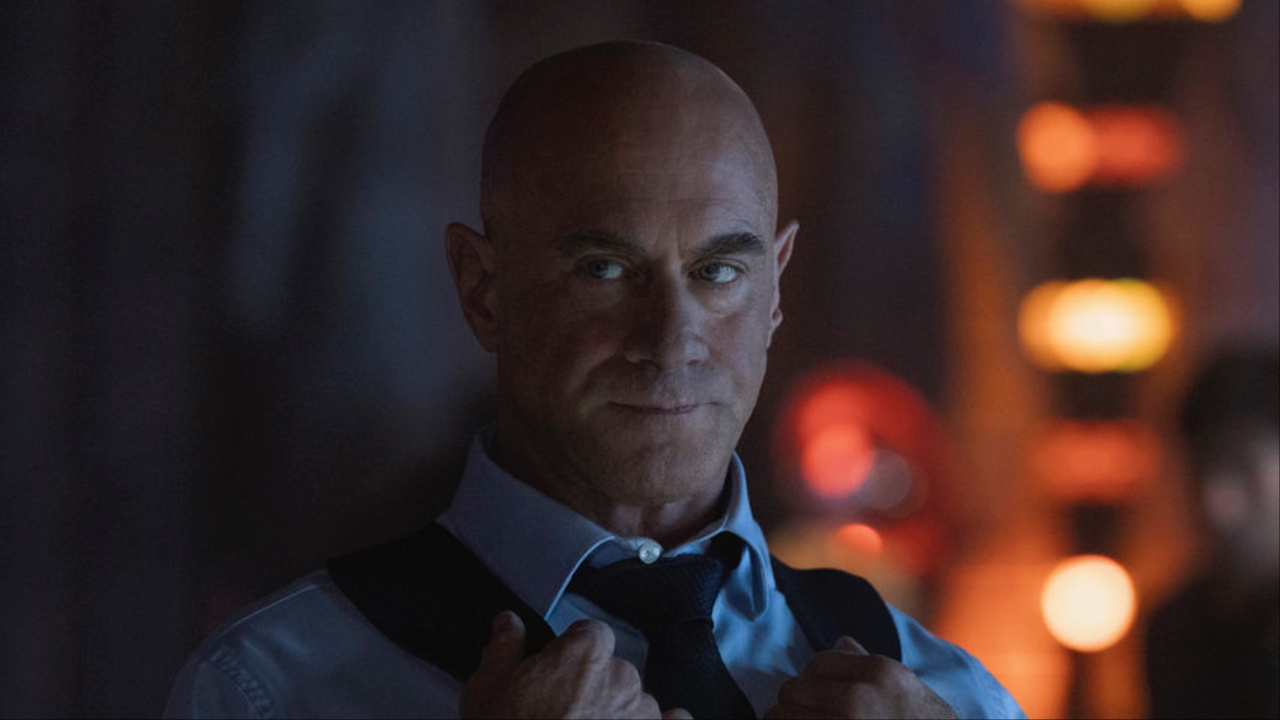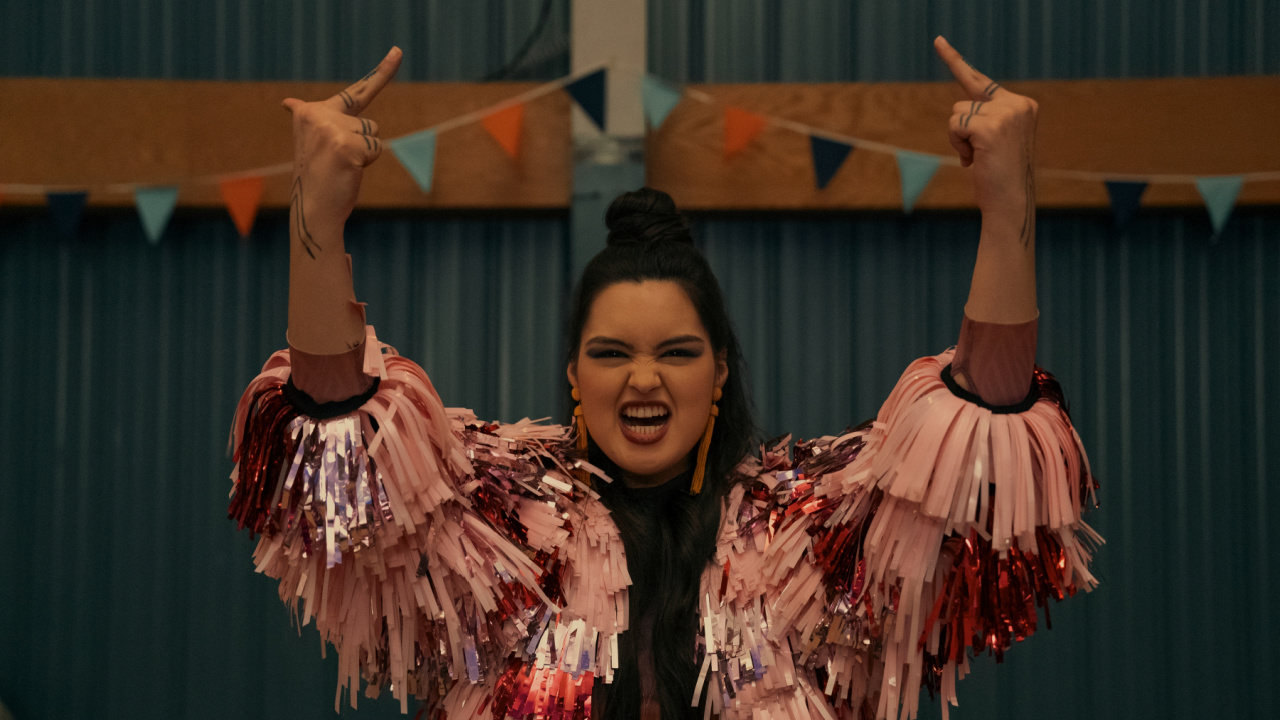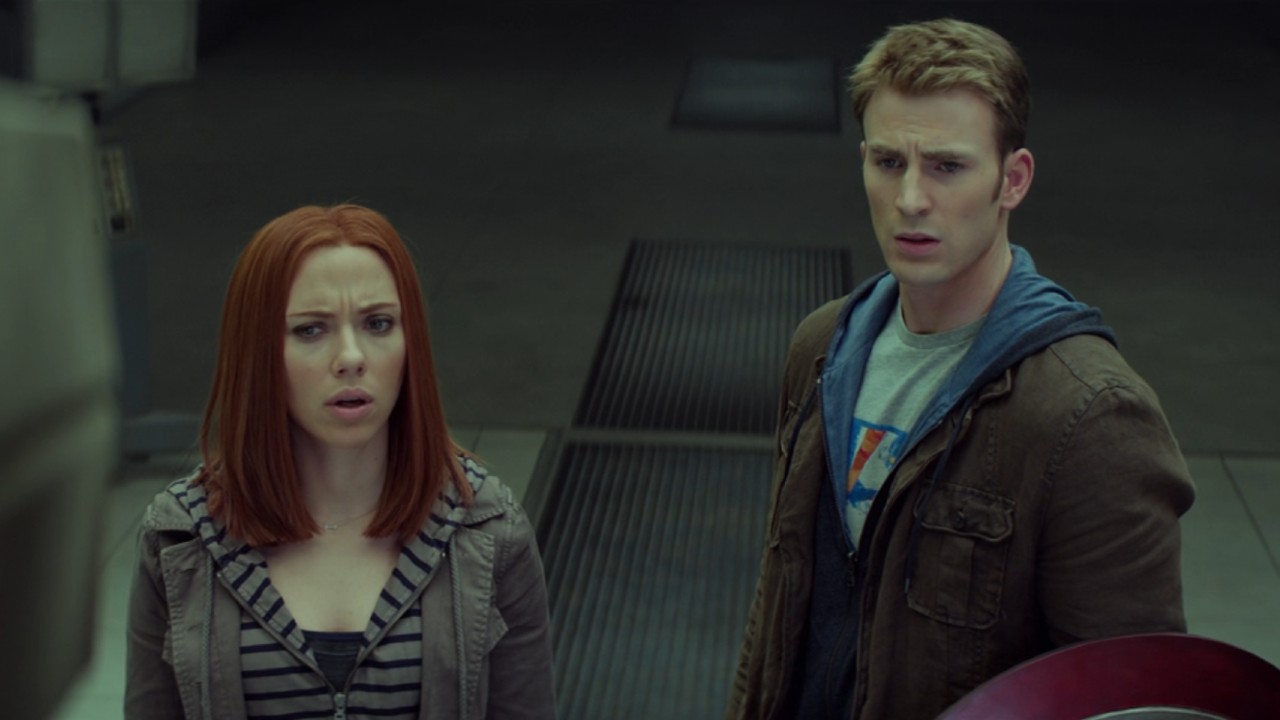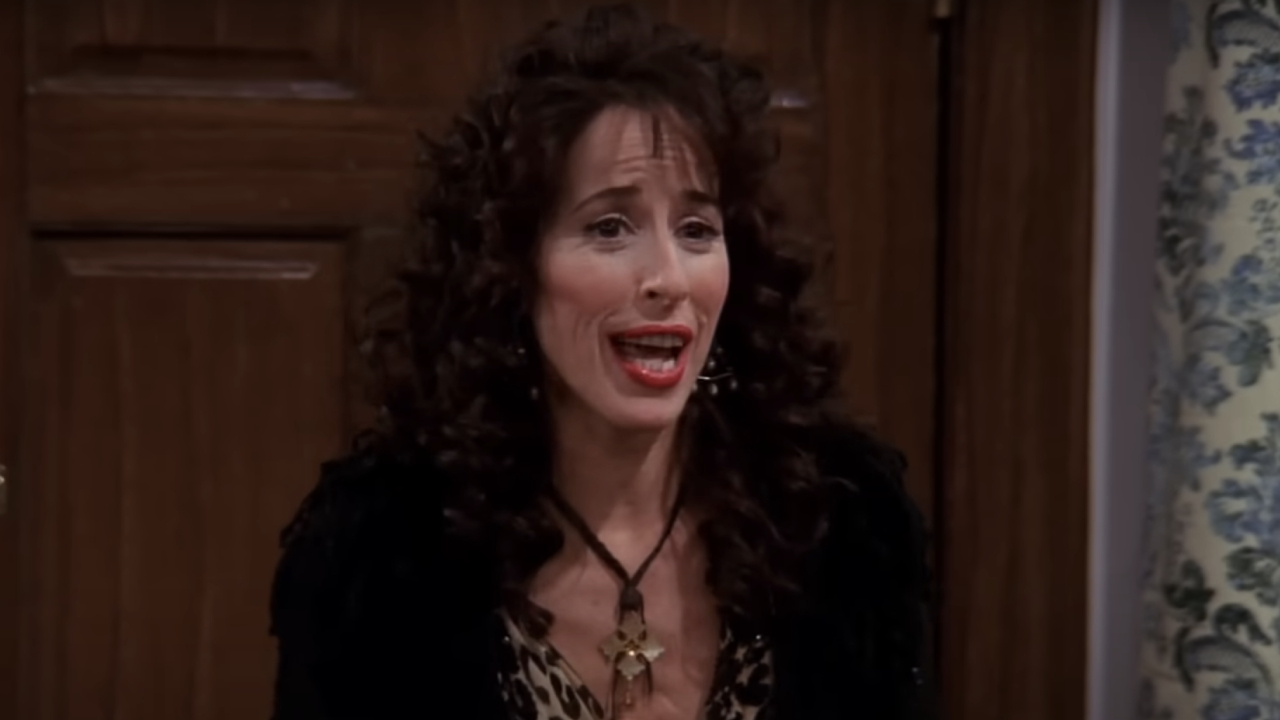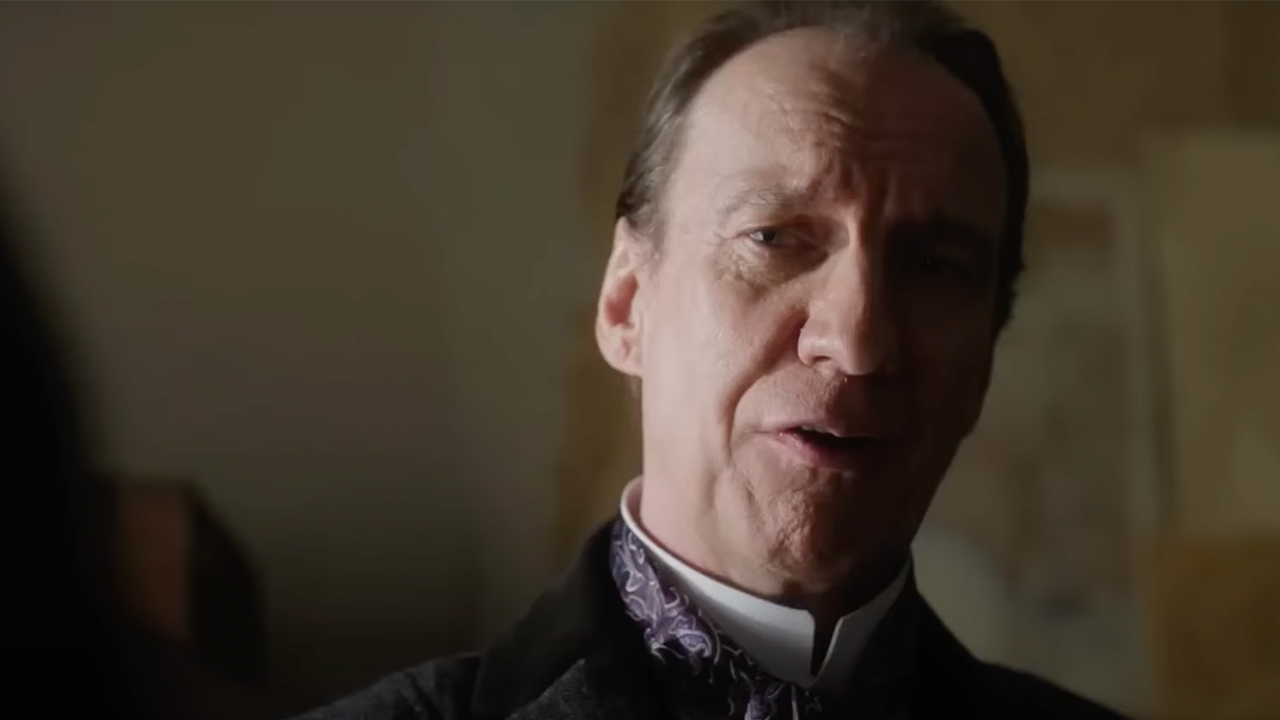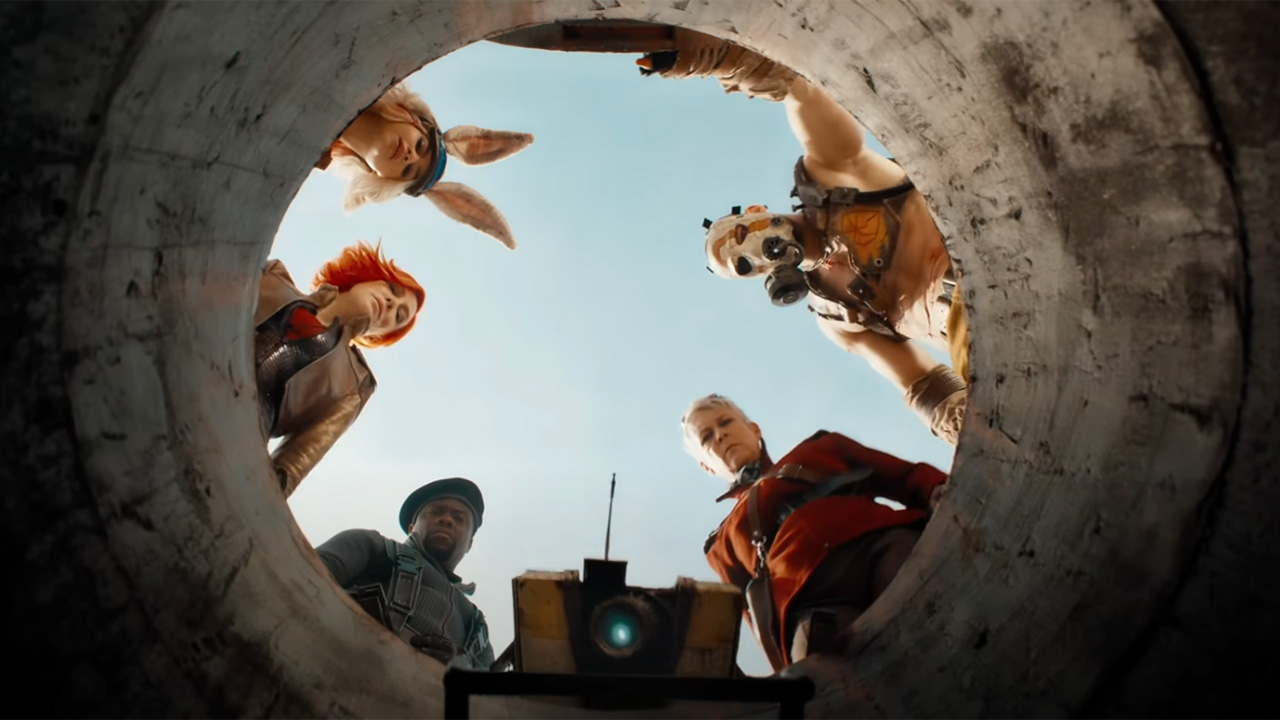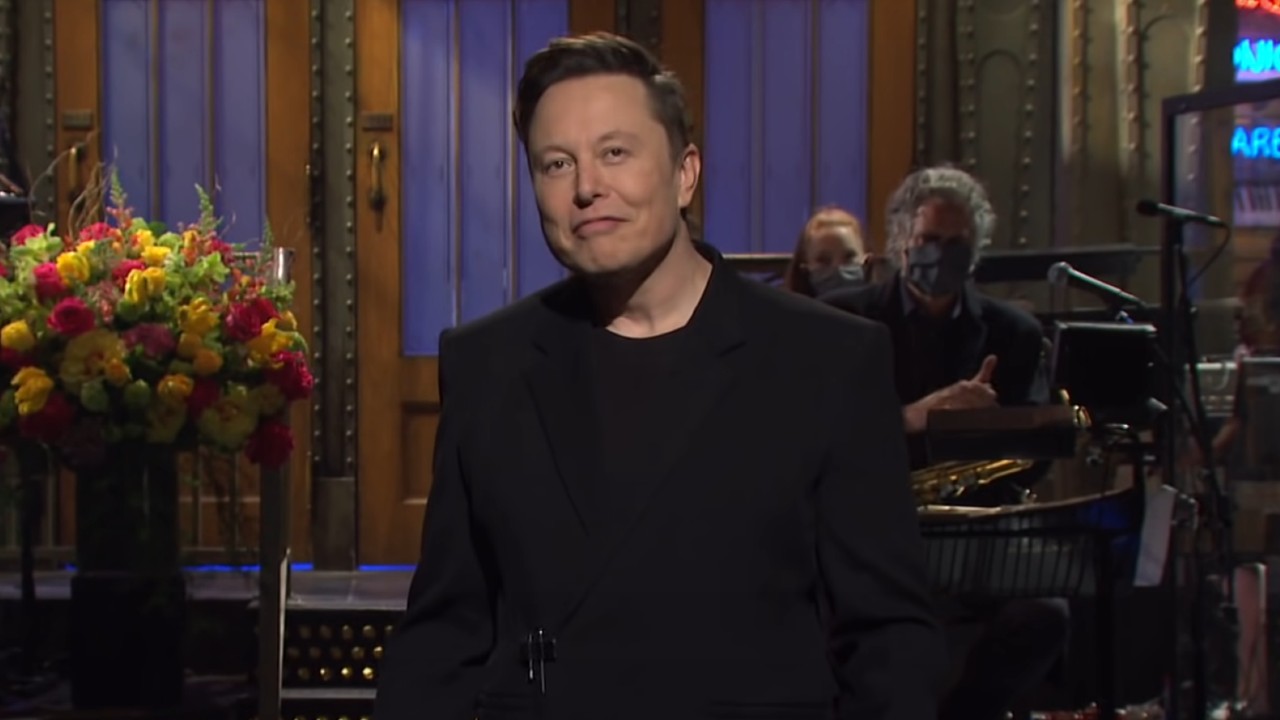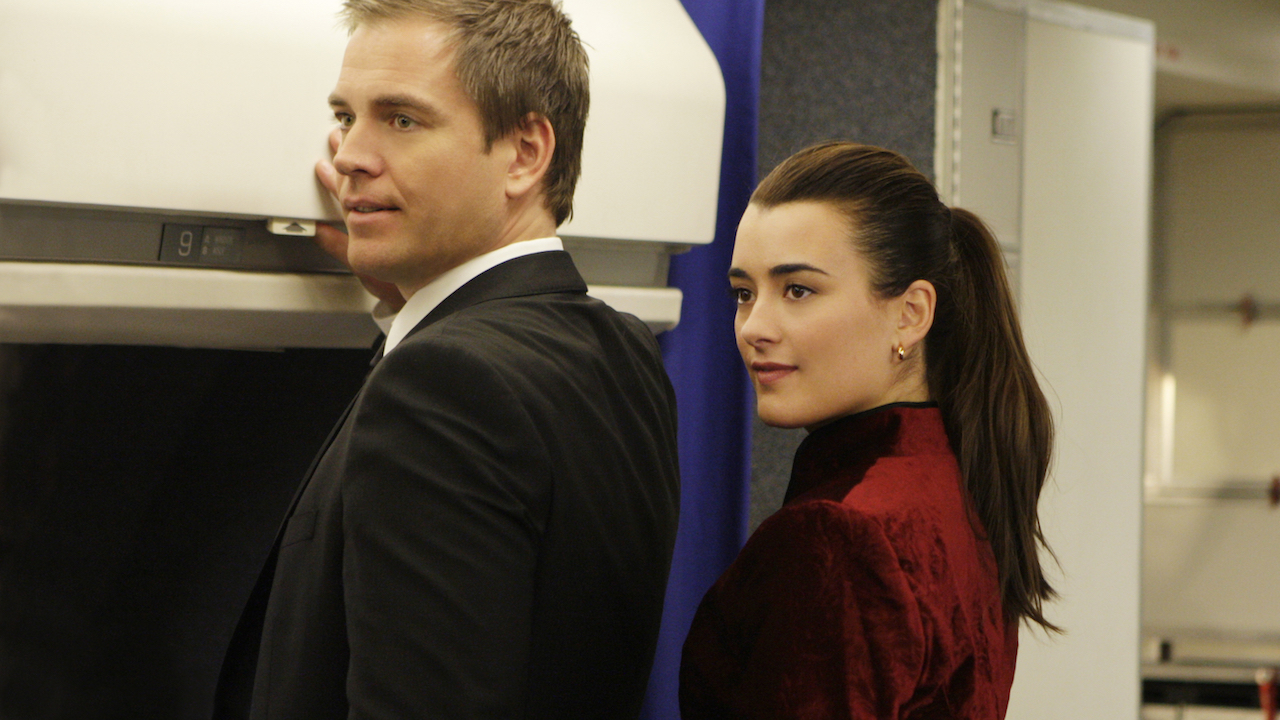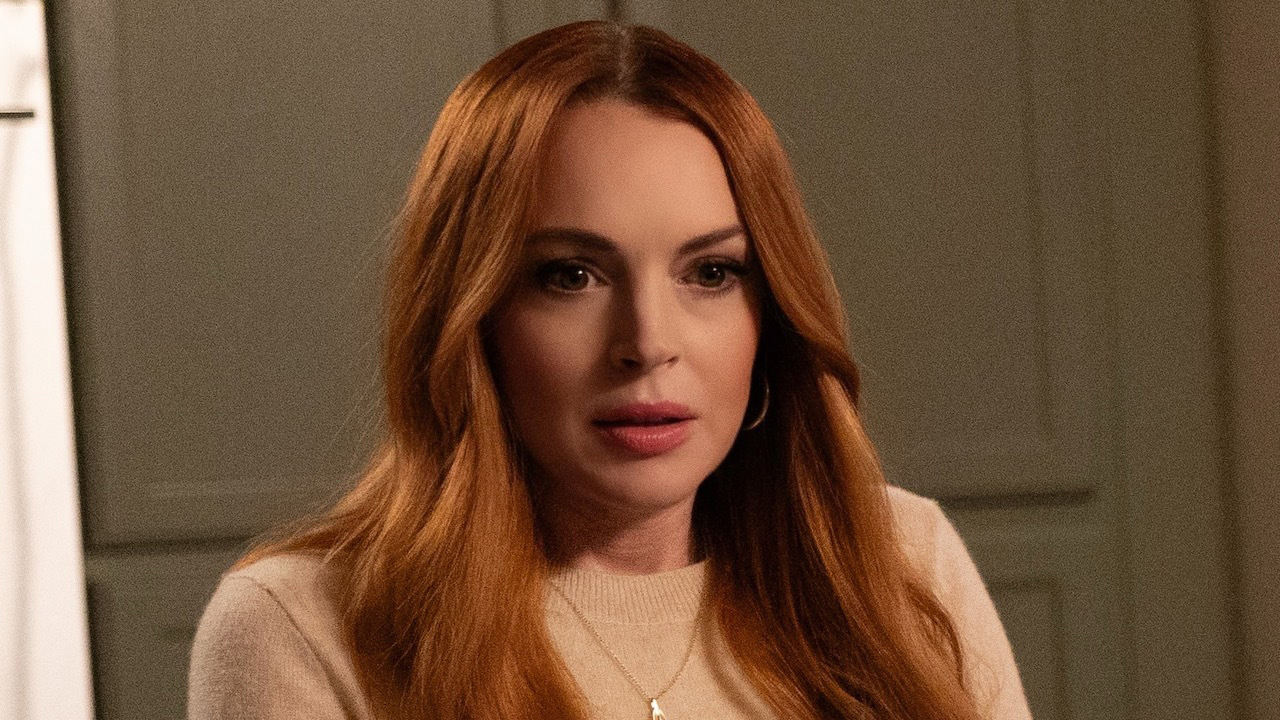Shutter Island Ending: Who's In Control, Andrew Laeddis Or Teddy Daniels?
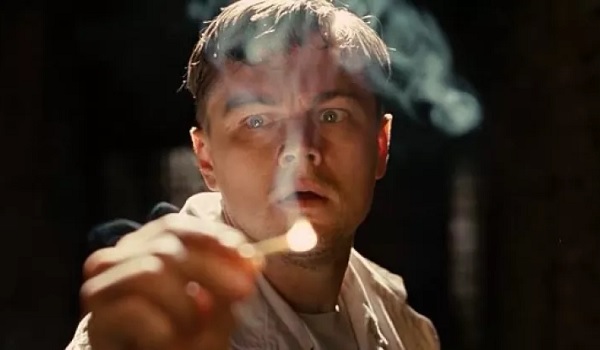
One of Martin Scorsese's overlooked gems in his recent era of filmmaking, Shutter Island went from an Oscar push release date to a February launch that saw it bring in a pretty successful haul of almost $300 million. But you still don't hear much about the film these days, despite it being not only a masterful adaptation of Dennis Lehane's novel, but also a fantastic exercise in Scorsese's stylish usage of classic film influences.
The kicker is, Shutter Island has one of those third act twists that should keep folks talking on their way out of the theatre, and an ending that needed to be dissected properly by its audience. Well, put on some coffee and smoke 'em if you've got 'em, as we're here to give Shutter Island the post-mortem it's so richly deserved since day one. To start us off, we'll go over that third act twist in detail.
How Shutter Island Ended
At the end of Shutter Island, Leonardo DiCaprio's U.S. Marshall Edward "Teddy" Daniels makes his way to the fabled lighthouse on the titular island. After a twisting narrative that saw Daniels pursue a path of paranoia, deception, and a fabled missing patient, he was met with the truth: he's a patient himself, with the real name of Andrew Laeddis. His primary care physician, Dr. Lester Sheehan, who masqueraded as Chuck, his "partner," had helped engineer a live action role play scenario, where he was investigating a case crafted from the details of his wife's murder of their three children. This strategy has played out before, and he is informed that if this experimental therapy doesn't work this time around, he'll be suggested as a candidate for a lobotomy.
Andrew initially has a hard time dealing with this reality, but ultimately, it seems like he's snapped back to reality. At least, until the final scene, where he and Dr. Sheehan are discussing how he's feeling. From his dialogue, it sounds like the Teddy persona is in charge again, as he's still focused on the faux conspiracy that was engineered for his treatment. But right before he walks to meet the orderlies, ready to escort him to his surgery, he asks Sheehan an important question, "Which would be worse: to live as a monster, or to die as a good man?" With one last look to his doctor, Teddy / Andrew meets his fate, and the film ends with its ultimate question: who's in charge? Is it the monster, Andrew Laeddis, or the good man, Teddy Daniels?
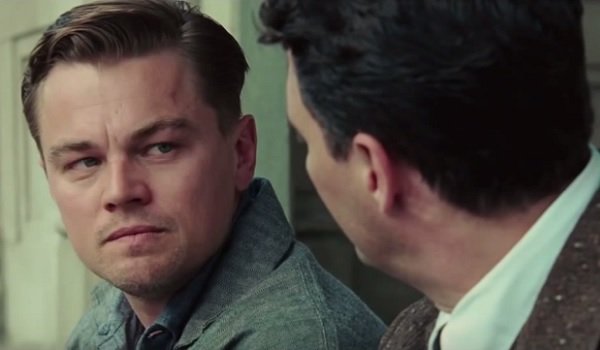
Andrew Laeddis Is In Control, And Will Die Willingly
One interpretation of the ending is that Andrew Laeddis is the persona in control, and he's ready to die. To a certain extent, Andrew was, in fact, a monster. He had a history of physical violence with other patients, as exhibited in fellow patient George Noyce's extensive facial scarring. Even before his wife killed their children, he was barely home, and drank a lot when he was. In his own opinion, his murder of his wife was the straw that broke the camel's back, which sent his psyche down a tumbling rabbit hole of guilt, thus requiring the creation of Teddy Daniels. Every time Andrew is brought back to the forefront, Andrew wants to return to the "good man" persona of Teddy, the US Marshall who could do no harm. Knowing the doctors are never going to let him live his entire life in this delusional state, and being unable to deal with the pain of killing his own wife, it's assumed in this interpretation that he's taking his own life (via lobotomy) to end his pain. He'll live out his days as a good man, unable to feel pain or inflict it upon anyone else.
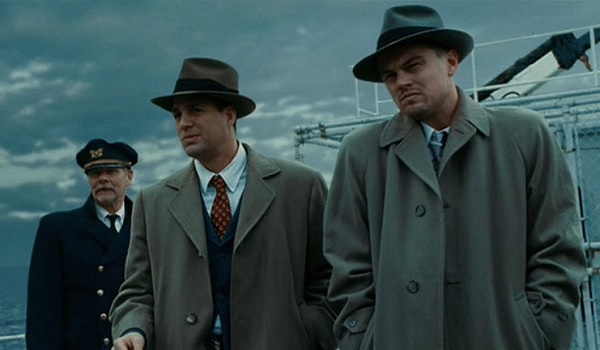
Teddy Daniels Is In Control, And Is Still Delusional
The other possibility is that, with all of the faults of Andrew, good man Teddy Daniels is the one in charge at the end of the movie, and he's still playing the game so expertly designed for him. This hypothesis assumes that Andrew has given / lost control of his decisions to Teddy again, and much like the events of Shutter Island, he'll somehow plot his escape from his fate. Teddy is basically Andrew's idealized self, despite the fact that he's a completely fabricated persona that allows him to escape the reality of his actions. We've seen him as a resourceful man that can escape almost anything, even himself; though that's mostly because the staff of the hospital weren't trying to apprehend him. If Teddy knew the resistance that would meet him as he walked into the path of the guards and orderlies at the end, who are now doing their actual jobs instead of playing parts in a narrative that suits his needs, he might have thought twice about surrendering to their care.
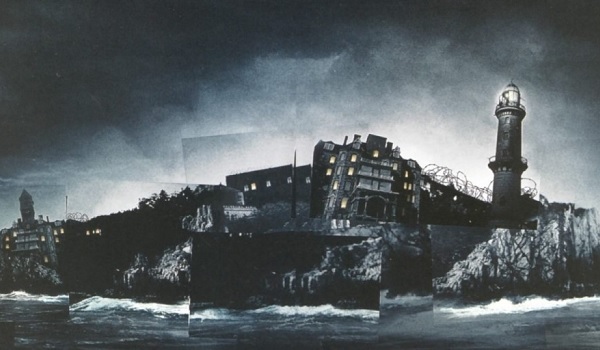
What The Book Says
Here's where Dennis Lehane's source material for Shutter Island pulls a fast one. In the book, the ending is pretty much the same, with Andrew remembering who he is, and ending the book on the steps with Dr. Sheehan. However, for the first couple paragraphs of the last chapter, the character is simply referred to as "He." It's only on the last page that we find out Dr. Sheehan is referred to as "Chuck" again, and Andrew has gone back to "Teddy." The book ends with "Chuck's" line about them being too smart to be caught, and Teddy answering in agreement. So according to the book's tone, it sounds like Teddy is still in charge of things, particularly because of the lack of the extra moments at the end that show a case for Andrew still being cognizant of the fact that he's about to sacrifice his mind for inner peace.
CINEMABLEND NEWSLETTER
Your Daily Blend of Entertainment News

Our Take On The Ending
While it seems like there's a conflict between the film's source material, and that of the film adaptation of Shutter Island, it feels like Andrew Laeddis is truly in control of his faculties, and is going to the lighthouse willingly. Both personalities are law and order types, with a huge drive to catch the mad man at large. Much like Christopher Nolan's Memento, Andrew caught his collar when he killed his wife, Dolores, but something in his mind snapped and caused him to disassociate from himself. As Teddy Daniels, he could chase himself as much as he wanted, and never catch him, always having something to live for. However, once that illusion is broken, and he no longer has anything to live for, Andrew realizes that the only way he can truly be at peace is if he can't think about his constant guilt. While he speaks as Teddy, it's only because he's caught his perp, and it's the only way his true punishment will be served.
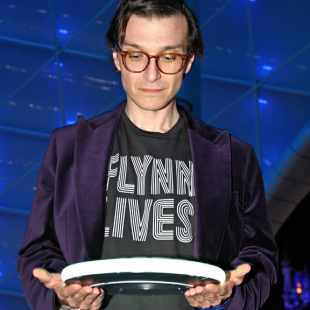
Mike Reyes is the Senior Movie Contributor at CinemaBlend, though that title’s more of a guideline really. Passionate about entertainment since grade school, the movies have always held a special place in his life, which explains his current occupation. Mike graduated from Drew University with a Bachelor’s Degree in Political Science, but swore off of running for public office a long time ago. Mike's expertise ranges from James Bond to everything Alita, making for a brilliantly eclectic resume. He fights for the user.
